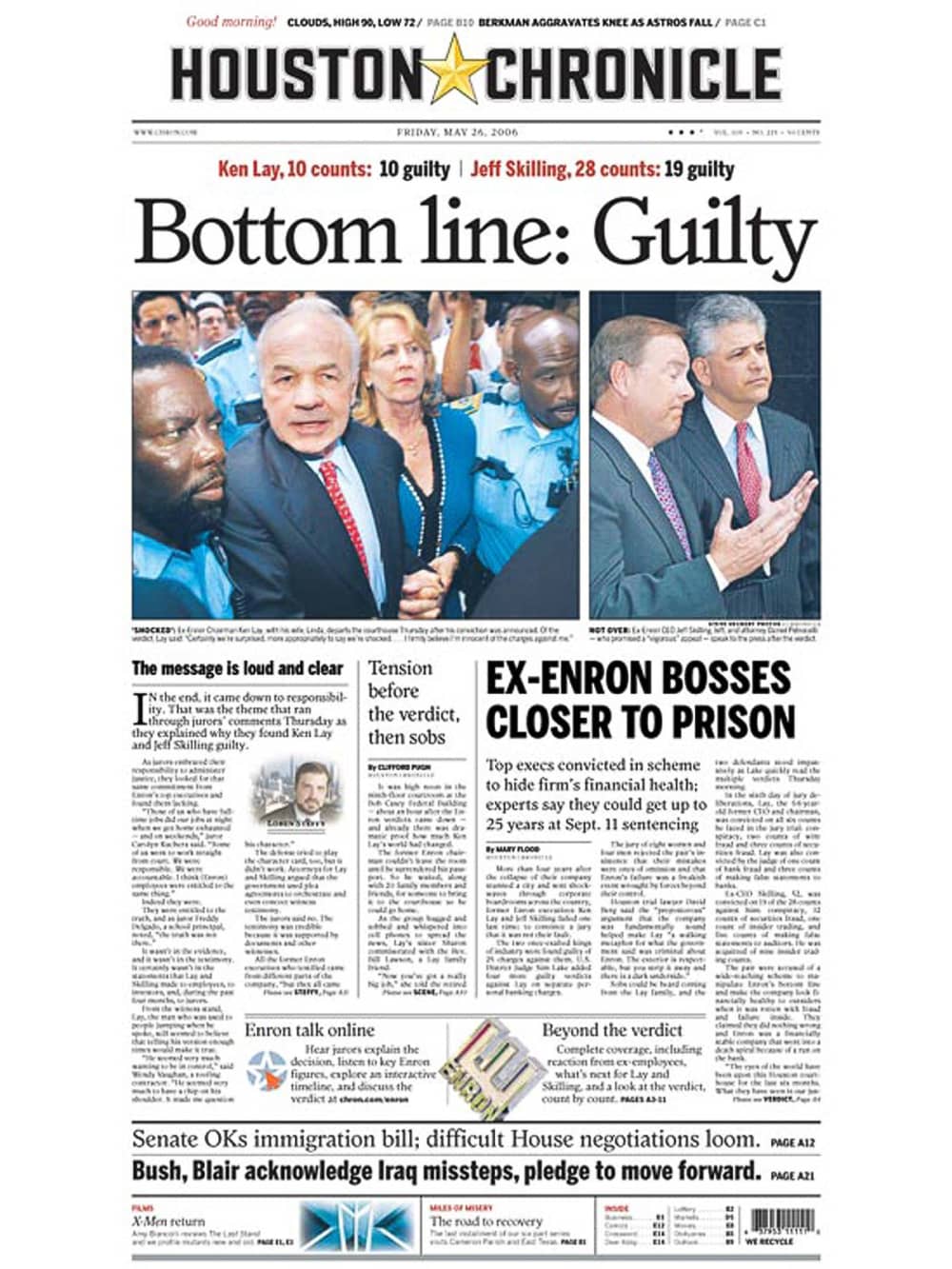With many Americans still recovering from multiple blasts of snow and unrelenting freezing temperatures in the nation’s northern tier, a new storm is set to emerge this weekend that could coat roads, trees and power lines with devastating ice across a wide expanse of the South, including Texas.
The storm arriving late this week and into the weekend is shaping up to be a “widespread potentially catastrophic event from Texas to the Carolinas,” said Ryan Maue, a former chief scientist at the National Oceanic and Atmospheric Administration.
“I don’t know how people are going to deal with it,” he said.
Forecasters on Tuesday, January 20 warned that the ice could weigh down trees and power lines, triggering widespread outages.
“If you get a half of an inch of ice — or heaven forbid an inch of ice — that could be catastrophic,” said Keith Avery, CEO of the Newberry Electric Cooperative in South Carolina.
The National Weather Service warned of "great swaths of heavy snow, sleet, and treacherous freezing rain” starting Friday in much of the nation’s midsection and then shifting toward the East Coast through Sunday.
Temperatures will be slow to warm in many areas, meaning ice that forms on roads and sidewalks might stick around, forecasters say.
The exact timing of the approaching storm — and where it is headed — remained uncertain on Tuesday. Forecasters say it can be challenging to predict precisely which areas could see rain and which ones could be punished with ice.
Meteorologists at WFAA say it's too early for an exact forecast across Dallas-Fort Worth. But it's good to start being weather aware.
Here’s what to know:
Cold air clashing with rain to fuel a 'major winter storm’
An extremely cold arctic air mass is set to dive south from Canada, setting up a clash with the cold temperatures and rain that will be streaming eastward across the southern U.S.
“This is extreme, even for this being the peak of winter,” National Weather Service meteorologist Bryan Jackson said of the cold temperatures.
When the cold air meets the rain, the likely result will be “a major winter storm with very impactful weather, with all the moisture coming up from the Gulf and encountering all this particularly cold air that’s spilling in,” Jackson said.
Texas could be a harbinger for other parts of the South
Some of the storm’s earliest impacts could be in Texas on Friday, as the arctic air mass slides south through much of the state, National Weather Service forecaster Sam Shamburger said in a briefing on the storm.
“At the same time, we’re expecting rain to move into much of the state,” Shamburger said.
Low temperatures could fall into the 20s or even the teens in parts of Texas by Saturday, with the potential for a wintery mix of weather in the northern part of the state.
Forecasters cautioned that significant uncertainty remains, particularly over how much ice or snow could fall across north and central Texas.
“It’s going to be a very difficult forecast,” Shamburger said.
An atmospheric river could set up across the Southern U.S.
An atmospheric river of moisture could be in place by the weekend, pulling precipitation across Texas and other states along the Gulf Coast and continuing across Georgia and the Carolinas, forecasters said.
“Global models are painting a concerning picture of what this weekend could look like, with an increasingly strong signal for ice storm potential across North Georgia and portions of central Georgia,” according to the National Weather Service's Atlanta office.
Highway and air travel could be tangled by the storm
Travel is a major concern, as Southern states have less equipment to remove snow and ice from roads, and extremely cold temperatures expected after the storm could prevent ice from melting for several days.
The storm is also expected to impact many of the nation’s major hub airports, including those in Dallas-Fort Worth; Atlanta; Memphis, Tennessee; and Charlotte, North Carolina.
Polar air from Canada to keep northern states in a deep freeze
Unusually cold temperatures are already in place across much of the northern tier of the U.S., but the blast of arctic air expected later this week is “will be the coldest yet,” Jackson said.
“There’s a large sprawling vortex of low pressure centered over Hudson Bay,” Jackson said of the sea in northern Canada that’s connected to the Arctic Ocean. “And this is dominating the weather over all of North America.”
 Plenty of jail sentences.
Plenty of jail sentences. And many more questions.Photo by Alex/Flickr
And many more questions.Photo by Alex/Flickr